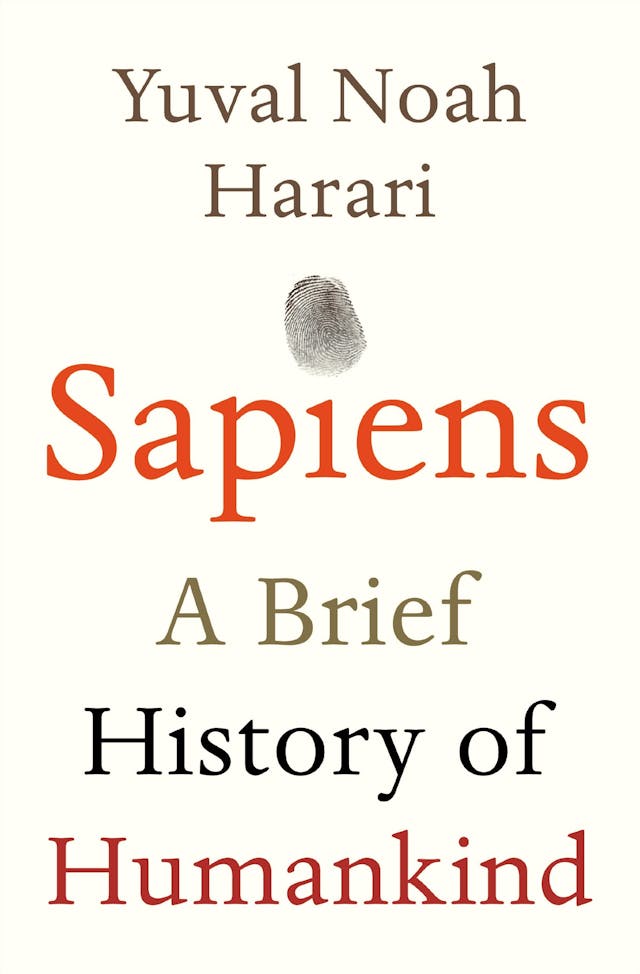The Immortal Life of Henrietta Lacks Summary
Key Takeaways
- The story of Henrietta Lacks highlights critical ethical questions in medical research.
- HeLa cells have been pivotal in numerous scientific breakthroughs, yet they were harvested without consent.
- The personal and societal implications of scientific research can have profound and lasting effects.
- The intersection of race, poverty, and science reveals systemic issues within the medical and scientific communities.
- Awareness and consideration of ethical practices are essential in scientific research.
🌿 ReflectBay
Overthinking again?
You're not too much. You're just overwhelmed and it's okay. We help you untangle the noise and feel calmer.
We'll help you...
Summary
Rebecca Skloot’s 'The Immortal Life of Henrietta Lacks' uncovers the story of the woman behind HeLa cells, which have been crucial in medical research since the 1950s. The book details the origin of these cells, taken from a poor Black woman without her knowledge or consent, and their monumental impact on science.
Skloot provides a detailed look at the scientific breakthroughs facilitated by HeLa cells, including the polio vaccine and advances in genetic mapping, while also examining the ethical lapses in how the cells were obtained and used.
The narrative also delves deeply into the personal story of the Lacks family, who struggled with the legacy of Henrietta’s contribution to science and their own socioeconomic hardships.
This book not only tells a compelling story of scientific endeavor but also sparks a crucial conversation about the ethics of medical research, the importance of informed consent, and the need to respect individual rights in the pursuit of scientific progress.
Also recommended

Sapiens: A Brief History of Humankind
Yuval Noah Harari
A Short History of Nearly Everything
Bill Bryson
